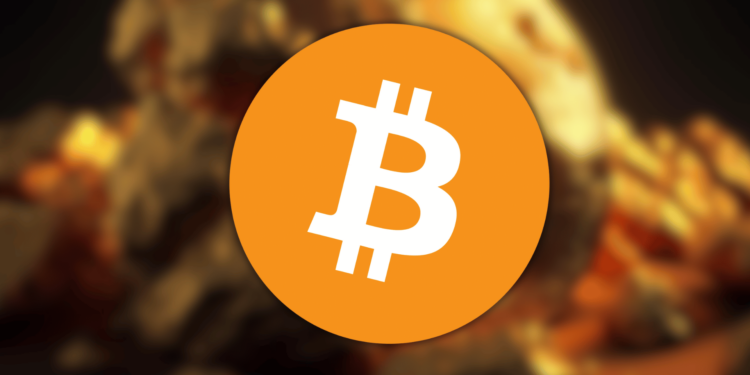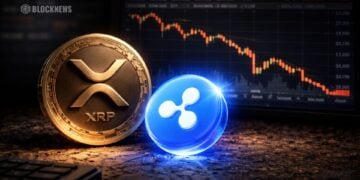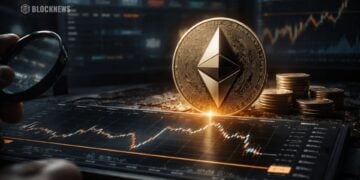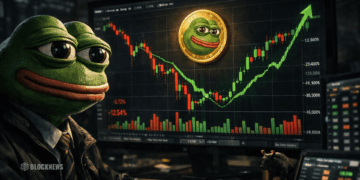- Rising geopolitical tensions and the upcoming U.S. election are likely to drive investors toward Bitcoin and gold, according to JPMorgan analysts.
- JPMorgan refers to this strategy as the “debasement trade,” benefiting from uncertainty in traditional financial markets.
- Concerns about “debt debasement” due to high government deficits in major economies are pushing investors to seek alternatives to fiat currencies, favoring Bitcoin and gold.
Geopolitical tensions coupled with the upcoming US election are pushing investors toward Bitcoin and gold as alternatives to traditional currencies, according to a recent note by JPMorgan analysts.
Rising Demand for Bitcoin and Gold
The analysts point to the so-called “debasement trade,” a strategy that benefits from uncertainty in financial markets.
“Rising geopolitical tensions and the coming US election are likely to reinforce what some investors call the ‘debasement trade’ thus favoring both gold and bitcoin,” the analysts stated.
Gold has already surged in value over the past quarter, approaching $2,700 in late September. While a weaker dollar contributed to gold’s rise, JPMorgan says the price increase exceeded moves implied by the dollar and bond yields. This suggests geopolitical concerns are now more impactful.
Bitcoin, also considered a hedge against currency risks, should benefit from the same conditions.
Concerns Over Currency Debasement
JPMorgan highlights growing worries about “debt debasement” from high government deficits, pushing investors toward alternatives to fiat money.
This shift is especially noticeable in emerging markets where confidence in local currencies has declined, the analysts note.
Demand Driven by Geopolitical Uncertainty
JPMorgan says demand for gold and Bitcoin will likely grow as investors seek protection from “catastrophic scenarios” caused by geopolitical uncertainty and economic instability.
With both assets poised to benefit from the “debasement trade,” the bank expects them to remain attractive to investors looking to hedge market volatility.














